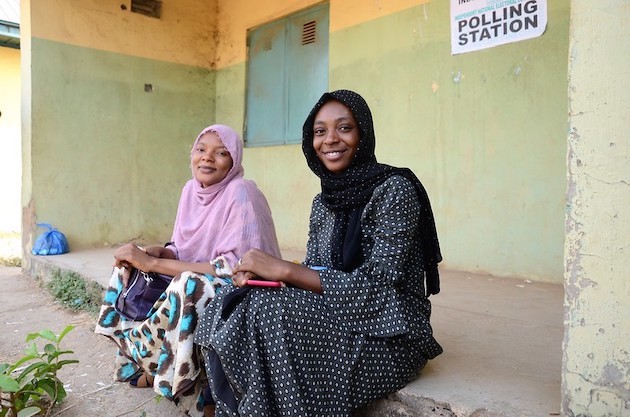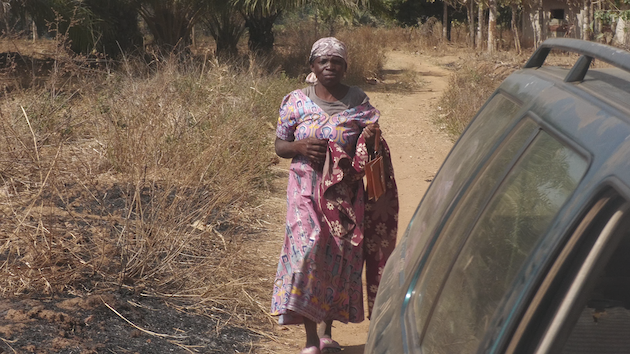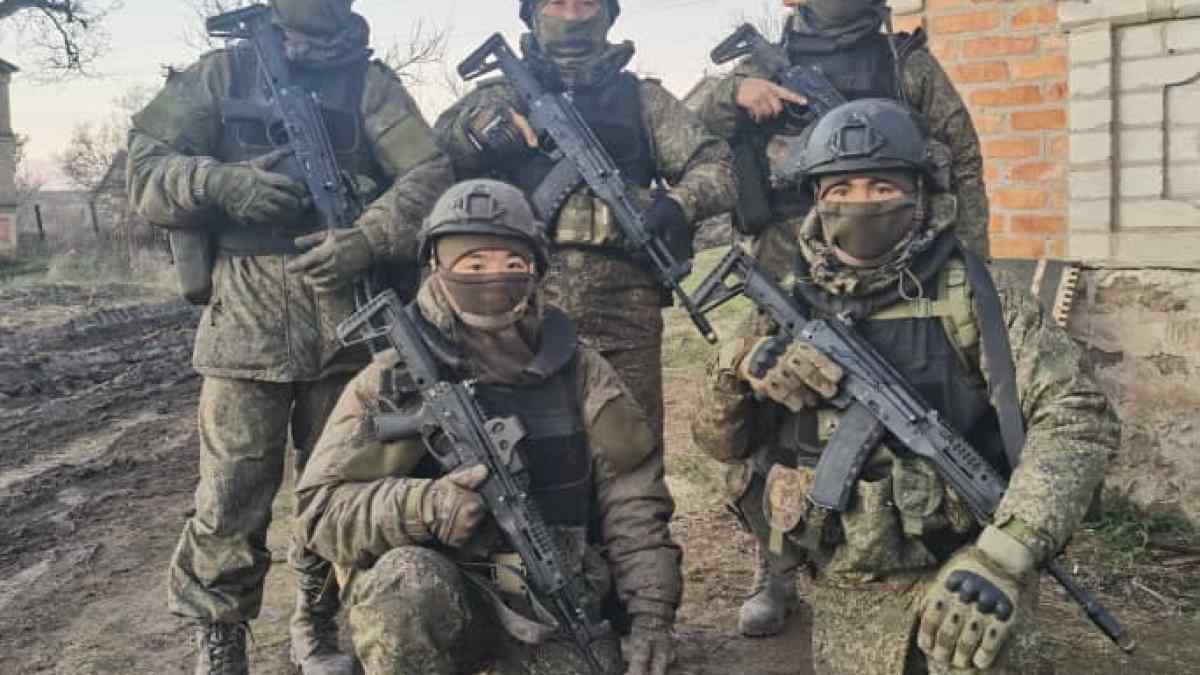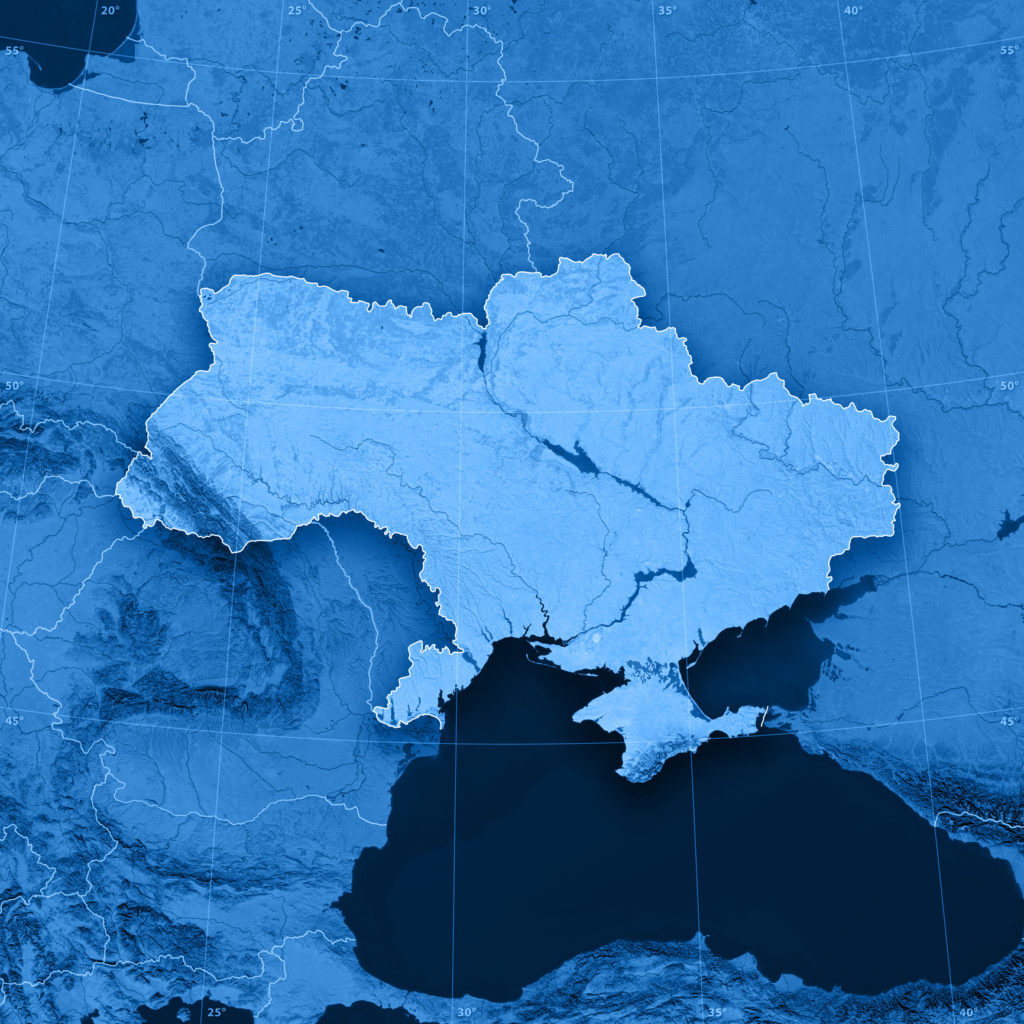Will the Elections Change the Scenario? — Global Issues
ABUJA, Feb 02 (IPS) – Tabitha Siman, a survivor of an attack at her home, says life is not worth living after her twin daughters, husband, and co-wife were killed during an attack at her home.
Siman lives in southern Kaduna in Nigeria, where the impact of kidnapping in the region hit the headlines when bandits attacked a train heading for Abuja, killing eight and kidnapping 168. Many months later and after about USD 13 million in ransom money was paid, all were released. But the notorious rail incident is not an isolated incident. In the past year, Kaduna has seen more than 1800 deaths due to insecurity, with attacks being reported almost weekly.
Siman recalls her family were at home in Zango Kataf Local Government in July 2021 when they received information that a nearby village had been raided.
Her husband and a friend rushed to warn their neighbours because the Agbak, the village under siege, was very close.
“We started hearing sporadic gunshots. I shouted at the top of my voice, calling everyone to scamper for safety. I shouted the Fulani were attacking.”
She and her parents-in-law and one daughter were able to run to safety.
“Every other person we knew didn’t make it out on time. Here they lie in state in their mass graves.”
Insecurity, insurgency, and banditry are increasing concerns as the country returns to the polls next year for its seventh successive general election since it returned to democracy 23 years ago.

Analysts say rising insecurity in the country could impact its outcome – with Nigeria’s security apparatus unable to guarantee security. writing in The Conversation, lists security as one of the five major challenges facing the next president. Other concerns are national cohesion, the economy, the university system and the fight against corruption.
“Nigeria is more divided and polarised than it’s ever been. The cleavages and fault-lines of ethnocentrism, sectarianism, sectionalism, parochialism and religious extremism are pushing the country to the brink,” Okoli writes.
He describes the state of national security as “apocalyptic”.
“The receding Boko Haram insurgency in the northeast is being substituted by a nexus of banditry and terrorism in the north-west. The north-central is still grappling with the deadly farmer-herder crisis. For its part, the south-east is enmeshed in separatist violence and the associated criminal opportunism. There is an upswing in gang and ritual brigandage in the south-west while south-south is still afflicted with militancy, piracy and oil theft.”
Nigeria’s insecurity has many antecedents, with many attacks, like the one affecting Siman, blamed on Fulani herders – who are seen as violent perpetrators, as climate change is believed to be behind their move to new migratory routes bringing them into conflict with settled farming communities. However, the Fulani are only one of several instigators of violence. According to the International Crisis Group, the insecurity has “escalated amid a boom in organised crime, including cattle rustling, kidnapping for ransom and village raids. Jihadist groups are now stepping in to take advantage of the security crisis.”
John Campbell writing for The Council on Foreign Relations, notes that Kaduna is increasingly the epicentre of violence in Nigeria “with conflicts over water and land use escalating in the rural areas.”
In the capital, Kaduna, there has been prolonged political, ethnic and religious violence – some dating back to colonial times when Lord Frederick Lugard, the first governor-general of an amalgamated Nigeria, built the city and encouraged the Muslims to inhabit the north and the Christians the south.
Whatever the cause of the ongoing banditry, kidnappings and violence, it’s uncertain whether the Nigerian security apparatus can keep it under control.
“The government needs put in place a robust and comprehensive security plan to deal with the risks to a smooth election process,” analysts and academics Freedom Onuoha and Oluwole Ojewale write in The Conversation. “Security forces must plan for operations involving, for example, ground and air raids against armed groups in their strongholds. There is also a need for information and psychological operations to tackle the propaganda and disinformation put out by armed groups.”
The International Crisis Group says a multipronged approach is needed. “Nigeria’s federal authorities and state governments in the northwest should work more closely, not only to heal longstanding rifts within communities and curb violence but also to address the structural causes of insecurity in the region. International partners should lend their support and expertise as well.”
Another attack survivor Jonathan Madaki, a schoolboy, remembers what happened on the morning of March 11, 2019, in an attack also blamed on Fulani, which left 73 people dead in Dogonoma Community, Kajuru Local Government Area.
On a Monday morning, they heard the sound of gunfire from a group they identified as Fulani. His mother told him to run; she went in one direction, and he and his sister in another.
“I was hit in the hand by a bullet, and I fell to the ground; despite being in pain, I appealed to my sister not to scream, and she did not scream. We stayed there for hours,” Madaki said.
The siblings finally trekked to another village and were hospitalised; once discharged, a good Samaritan enrolled him in school.
For villagers in Southern Kaduna, who are predominantly farmers, keeping body and soul together has been difficult for years. Farmers often cannot harvest crops because almost all the villages have become an enclave for the attacks.
Villagers like Bala Musa have equally lost hope in the Government restoring peace to the affected communities.
Musa, a blacksmith and a farmer, says they often find themselves in the centre of the conflict, targeted by attackers and accused by the police and soldiers of collaborating with bandits. Musa says the police shot him because they were convinced the locals were concealing weapons and hiding Fulani men.
All presidential candidates for the 2023 elections have pledged to address insecurity, but based on published articles, their promises lack details of in-depth strategies. – Additional reporting Cecilia Russell
IPS UN Bureau Report
Follow @IPSNewsUNBureau
Follow IPS News UN Bureau on Instagram
© Inter Press Service (2023) — All Rights ReservedOriginal source: Inter Press Service
Check out our Latest News and Follow us at Facebook
Original Source







